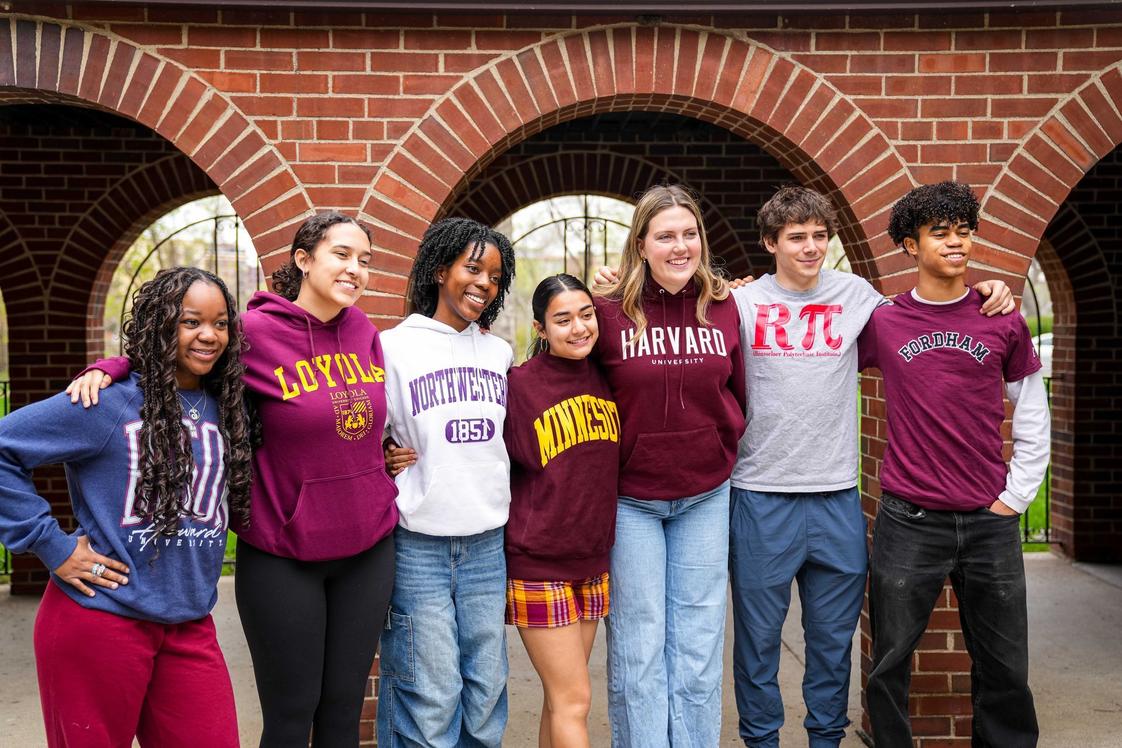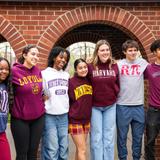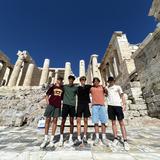For the 2026 school year, there are 2 private schools serving 738 students in 55401, MN (there are 2 public schools, serving 956 public students). 44% of all K-12 students in 55401, MN are educated in private schools (compared to the MN state average of 10%).
The top-ranked private school in 55401, MN is DeLaSalle High School.
The average acceptance rate is 82%, which is lower than the Minnesota private school average acceptance rate of 87%.
50% of private schools in 55401, MN are religiously affiliated (most commonly Catholic).
Top-Ranked 55401 Minnesota Private Schools (2026)
School
Location
Quick Facts
One DeLaSalle Drive
Minneapolis, MN 55401
(612) 676-7600
Minneapolis, MN 55401
(612) 676-7600
Gr: 9-12 | 700 students Avg. class size: 23 students Sports: 20 | Extracurrculars: 30 Tuition & acceptance rate listed
Bernie S Downtown Montessori
Montessori School
115 2nd Avenue S
Minneapolis, MN 55401
(612) 333-5460
Minneapolis, MN 55401
(612) 333-5460
Gr: PK-K | 38 students
Frequently Asked Questions
What are the top-ranked private schools in 55401, MN?
The top-ranked private schools in 55401, MN is DeLaSalle High School.
How many private schools are located in 55401?
2 private schools are located in 55401.
What percentage of students in 55401 go to private school?
44% of all K-12 students in 55401 are educated in private schools (compared to the MN state average of 10%).
What percentage of private schools are religiously affiliated in 55401?
50% of private schools in 55401 are religiously affiliated (most commonly Catholic).
Recent Articles

How Global Economic Trends Shape Private School Affordability
Explore how global economic trends influence private school affordability and enrollment in 2026, with insights for families and educators.

Parent Engagement in Private Schools in 2026
Explore how parent engagement in private schools builds strong communities, support networks, and student success in 2026.

So Many Choices: Navigating Private School Selection in 2026
A 2026 parent guide to choosing the right private school, with updated admissions timelines, tuition trends, affordability strategies, and expert insights.





